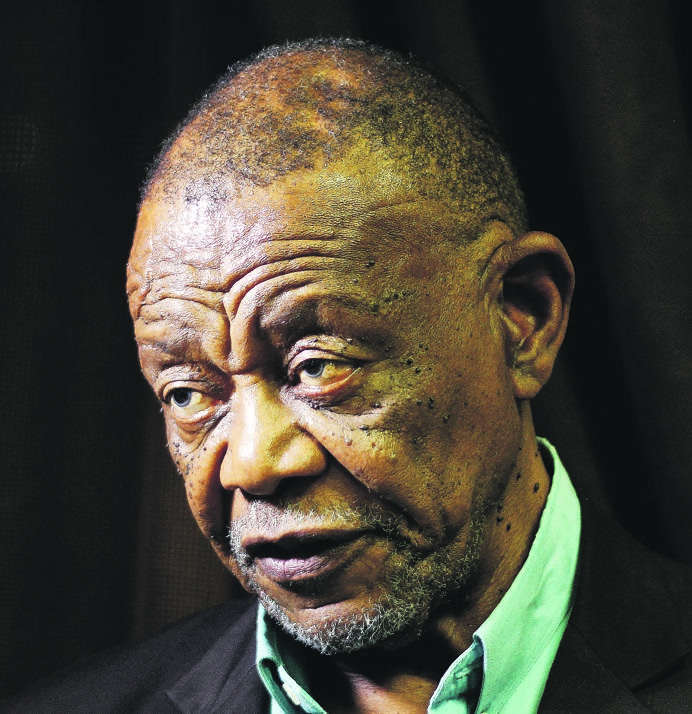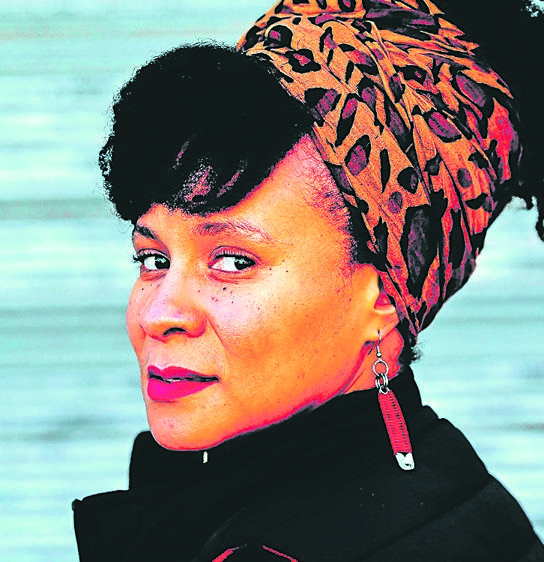
The recent appointment of seasoned poet and liberation struggle stalwart Mongane Wally Serote as South Africa’s national poet laureate has elicited a raging debate about eligibility for the coveted award.
While this is potentially a constructive discourse, it is rapidly deteriorating to the level of pitting Serote against the younger Lebo Mashile.
This debate unfolds at the expense of pressing strategic issues that the literary fraternity should preoccupy itself with and attempt to address.
One of the fundamental questions we should be asking is: What does the national poet laureate do?
At the age of 74, Serote is the third national poet laureate since the inception of the prize in 2005. Mazisi Kunene was the first.
Following Kunene’s passing in 2006, Keorapetse Kgositsile was later that year announced as the replacement.
Having had two previous incumbents, perhaps we should ask what it is that they have done and what our expectation is with the current and future poets laureate.
The poet laureate is not just an award – it is a position that comes with social responsibilities.
In the US, where the institution is more prominent, the incumbent is expected to make public appearances at poetry readings or literary events, mentor budding poets and promote the awareness of poetry in the broader society.
South Africa’s version includes these responsibilities and more.
At the time of his appointment, Kunene was aged 75 and had lost his mobility.
Notwithstanding his unparalleled contribution to the world of letters, and Zulu poetry in particular, after receiving the long overdue honour Kunene could barely embark on any activities in his capacity as the national poet laureate.
Kgositsile was 68 when he replaced Kunene and was working as the special adviser to then minister of arts and culture, Pallo Jordan.
Due to his association with the department and his close relationship with the younger generation of poets, he was able to fulfil some of the social responsibilities of the position.
There were some who were cynical about the fairness of the process, given Kgositsile’s association with the department.
Furthermore, there was a perception that he would become a government praise poet, an assertion that Kgositsile simply frowned on.
The lukewarm reception of his appointment in some quarters was an ill-informed sentiment, as neither the minister nor departmental officials were involved with the adjudication process.
There were those who felt that iconic black consciousness poet Don Mattera would have been a more deserving candidate.
I believe this was a healthier discourse, as it engaged with more substantial literary issues and bears testament to the depth of the literary pool from which to choose the candidate.
Considering the three candidates already appointed thus far, there is a worrying trend reflected in the striking similarities in their profiles.
They are all men, over 65 and have impeccable struggle credentials.
Those who brought up the name of Mashile were probably very much aware of this element, and intended to disrupt it by appointing a young woman who was equally talented.
They effectively opened up the discourse for a broader and more constructive engagement, in which we could consider several other prominent poets.
Mashile is one of the most influential poets in the country and commands respect among the young and the old.
At the age of 39, she is almost half the age of Serote. Does this mean she has to wait until she is twice her current age to be a worthy candidate for the status?
Is this not how Nontsizi Mgqwetho was almost written out of the annals of our literary history?
Is there hope that we will have a woman poet laureate in our lifetime?
There is a lesson to be learnt from the US, where the current poet laureate, Tracy K Smith, is 46 and has only three poetry collections to her name.
One wonders if the South African Literary Awards (Sala) adjudication panel is cognisant with these dynamics and at what point they intend revising their selection criteria and diversifying their appointments in terms of both gender and age.
It may be necessary to revise not only the terms of reference for the appointment of the poet laureate, but the entire Sala programme.
The reconfiguration of Sala should include the allocation of resources for efficient functioning of the institution of poet laureate and imposing a limit on the number of years served by the incumbent.
After 12 years at the helm, Kgositsile had vowed to relinquish the crown during the celebration of his 80th birthday this year.
Regrettably, death struck before he could do this publicly. It cannot be that only death is the ultimate arbiter to part future poets laureate from the title.
The issue is neither Serote nor Mashile; the two are incomparable.
It is about whether the national poet laureate brings any meaningful value to the literary fraternity and society at large.
For as long there is no clearly defined national poet laureate programme, it will not hold any significance beyond mere status.
Siphiwo Mahala is a writer, literary scholar and civil servant




 Publications
Publications
 Partners
Partners









